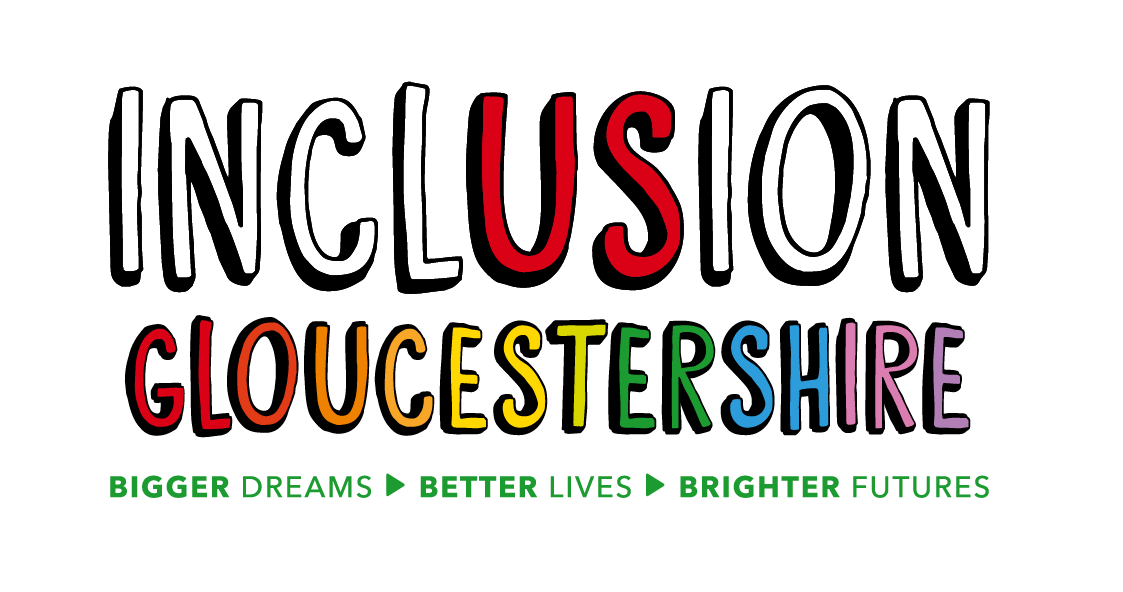While we acknowledge that the Government has stepped back from some of the initial proposals, the disability benefit reforms, as currently outlined, remain harmful and unacceptable.
Inclusion Gloucestershire and Barnwood Trust carried out consultation and engagement to gather the views of disabled people and residents in Gloucestershire in response to the Government’s proposed changes to disability benefits, as the national consultation process itself was inaccessible for many.
We are grateful to all those who shared their views on such a complex and challenging issue. Your voices have shaped this response.
What we heard
Overwhelmingly, people told us that the proposed changes to disability benefits would have a substantial negative impact on the lives of disabled people:
- Impact on wellbeing – loss of quality of life, worsening physical health, loss of skills and confidence, and social isolation from the community.
- Impact on financial stability – not being able to afford basic needs such as food, rent, transport, mental and physical therapies, carers, and medication.
- Impact on wider community – an increased feeling of vulnerability and needing to rely on other people and services more, and less chance of being able to work.
National data underscores the profound impact these proposals could have:
- 45% of PIP recipients say that their health would decline if their benefits were reduced or removed. (Get Yourself Active)
- 1 in 3 say they would participate less in their community and 40% report they would feel more isolated and lonely. (Get Yourself Active)
- Nearly 8 in 10 families in receipt of disability benefits have already been going without essentials. (Joseph Rowntree Foundation)
Our position
The Government says it wants to “target support to those most in need”. But many people who need Personal Independence Payment (PIP) are already wrongly denied support, with a 70% success rate on appeal—highlighting a broken assessment system. The proposed cuts for new claimants will only widen this gap, pushing future generations of disabled people into deeper poverty.
The Government also say that “people who can work, should work”. However, our evidence shows that disabled people who are able to work are already working. Barriers to employment are not created by PIP, but by inaccessible workplaces, a lack of workplace adjustments, discrimination, and a failure to provide timely and accessible support services like Access to Work.
PIP enables many disabled people to enter and stay in work by offsetting some of the additional costs of living with a disability—costs that average £1,067 per month.
The real issue
The problem is not disabled people. The problem is a system that continues to fail us.
We need bold and comprehensive reform across public services to better support disabled people—starting with timely access to mental health support; properly funded NHS services; accessible and affordable housing; reliable social care; a reformed and functional Access to Work scheme; and effective support for employers to meet their obligations under the Equality Act.
A damaging narrative
The Government’s rhetoric has perpetuated a dangerous and false narrative: that disabled people are ‘scroungers’ who could work if only they tried harder. This is not only untrue—it is deeply harmful. It has caused enormous distress and anxiety for many disabled people over the past few months.
“It is cruel and demoralising. We suffer enough each and every day with our disabilities without extra financial burdens” – Survey respondent
A call for true coproduction
This crisis could have been avoided. If the Government had meaningfully engaged disabled people before publishing these proposals, the harm and fear caused could have been mitigated.
We call on the Government to commit to meaningful coproduction in all future reforms. This starts with the ministerial review of PIP and any further consultations. This must be more than a tick-box exercise; it must put disabled people at the heart of policymaking from the very beginning. Disabled people are the experts on their own lives:
“Until you find yourself living with a disability (which can be anyone of us tomorrow) I don’t think people are ever fully aware or understand the extent of how that disability impacts every aspect of your life…” – Survey respondent
Inclusion Gloucestershire and Barnwood Trust offer their support to ensure this happens and call on MPs in the county to work with us—to hear directly from disabled people, understand their lived experience, and work together to create fair, workable, and dignified solutions.
“As disabled people in the county, we have faced systemic inequalities and disempowerment throughout our lives, and we say clearly: Nothing about us, without us.” – Vicci Livingstone-Thompson, Inclusion Gloucestershire.
Inclusion Gloucestershire
Barnwood Trust
Read the consultation reports by Barnwood Trust and Inclusion Gloucestershire below:
- Summary report
- Summary report (large print)
- Full report
- BSL Statement
- BSL summary report
- Easy Read summary report (coming soon)
If you would like to speak to a member of the Inclusion Gloucestershire Team about this statement and report findings, please email info@inclusion-glos.org

Recent Comments